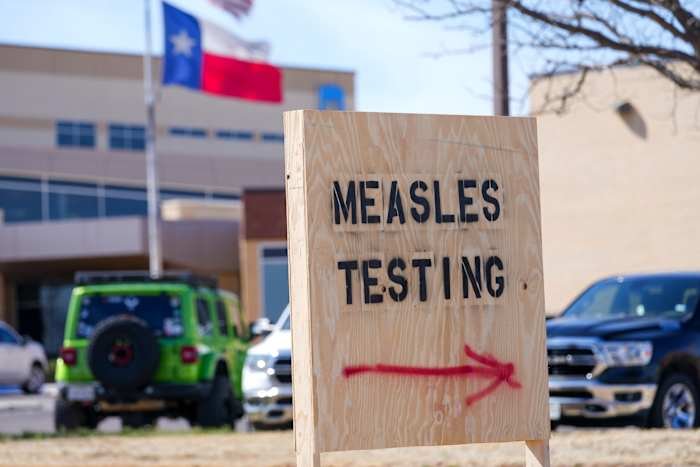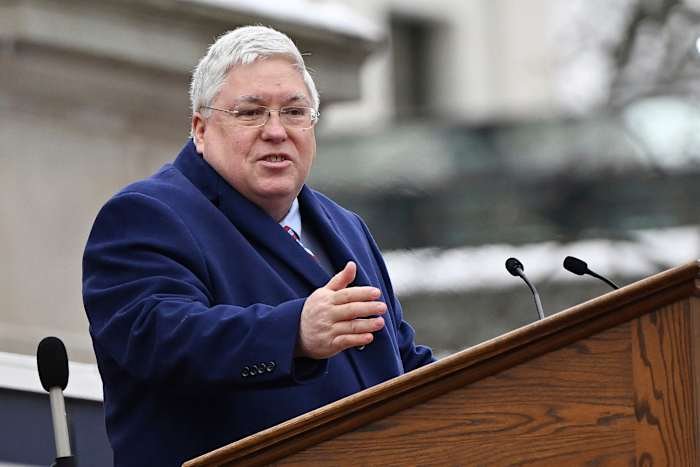Introduction
In a troubling turn for public health, the United States is experiencing its worst year for measles since the early 1990s. With confirmed cases at their highest in more than three decades, communities across the country—including right here in Orlando—are facing renewed concerns about outbreaks and vaccine-preventable diseases. As families prepare for summer travel season and children participate in local activities, understanding this surge and its local implications is crucial for everyone in Central Florida.
The National Measles Surge: Understanding the Numbers
According to the Centers for Disease Control and Prevention (CDC), measles cases in the U.S. had been largely under control thanks to widespread vaccination efforts. However, 2024 has seen a dramatic uptick, with hundreds of cases reported across multiple states—already surpassing the annual case counts seen since the mid-1990s. Public health officials point to several factors driving this surge, including declining vaccination rates, increased international travel, and misinformation about vaccines.
For Orlando residents, this national trend is more than a distant statistic. Florida is a major travel destination, and Orlando’s status as a tourism hub means the city is particularly vulnerable to imported cases of measles. Local hospitals and clinics are on high alert, watching for symptoms and encouraging immunization among at-risk populations.
Why Measles Is Making a Comeback
Measles was declared eliminated from the U.S. in 2000, thanks to the effectiveness of the measles, mumps, and rubella (MMR) vaccine. So, why the sudden resurgence? One key factor is declining vaccination rates in certain communities. Some parents are opting out of vaccinating their children due to misinformation, leading to pockets of susceptibility where the disease can spread quickly if introduced.
In addition, increased global travel has played a significant role. Measles is still common in many parts of the world, and travelers who are unvaccinated or under-vaccinated can bring the virus into the country. Orlando International Airport, one of the busiest airports in the U.S., sees millions of international visitors each year, raising the risk of imported cases that can spark local outbreaks.
Local Impact: What Orlando Residents Need to Know
While Central Florida has not yet experienced a major outbreak in 2024, local health officials report several suspected cases and are urging vigilance. The Orange County Department of Health has increased outreach to schools, daycare centers, and healthcare providers to ensure vaccination records are current and symptoms are recognized early.
Orlando’s diverse community—comprising residents, international tourists, and seasonal workers—means public health campaigns must reach a wide audience. The city’s many theme parks and attractions also bring together people from around the globe, raising the stakes for rapid response to any reported case. Local pediatricians and urgent care clinics urge parents to check their children’s vaccination status, especially for those entering kindergarten or daycare for the first time.
Prevention and Protection: The Importance of Vaccination
Health experts agree: the best defense against measles is the MMR vaccine, which is safe and highly effective. The CDC recommends two doses for children, with the first at 12-15 months and the second at 4-6 years. Adults who are unsure of their vaccination history or who plan to travel internationally should consult their healthcare provider about getting vaccinated.
Orlando’s healthcare providers are working hard to make vaccines accessible. Many clinics offer walk-in appointments, and the Orange County Department of Health provides immunizations at low or no cost for qualifying families. Vaccination not only protects individuals but also helps prevent outbreaks by maintaining “herd immunity,” especially crucial for those who cannot be vaccinated due to medical reasons.
What To Do If You Suspect Measles
Measles is highly contagious and can lead to serious complications, especially in young children and immunocompromised individuals. Symptoms typically begin with a high fever, cough, runny nose, and red, watery eyes, followed by a distinctive red rash that usually starts on the face and spreads downward. If you or your child develop these symptoms, especially after recent travel or exposure to someone with measles, contact your healthcare provider immediately and avoid public places to prevent spreading the infection.
The Orange County Department of Health has a hotline and online resources to help residents navigate symptoms and exposure concerns. Early diagnosis and isolation are key to stopping further spread within the community.
Conclusion
As the U.S. faces its worst year for measles in more than three decades, Orlando residents must stay informed and proactive. Vaccination remains our strongest tool against outbreaks, and community awareness can help prevent the spread of this serious disease. Whether you are a parent, a healthcare worker, or a concerned neighbor, your actions matter in keeping Orlando healthy and safe.
Have you checked your family’s vaccination records lately? Do you have questions about measles in our area? Share your thoughts and experiences in the comments below—we want to hear from you!
















